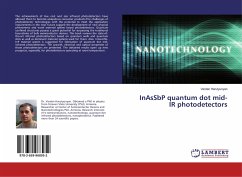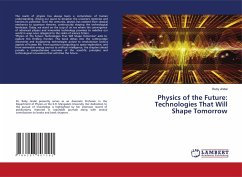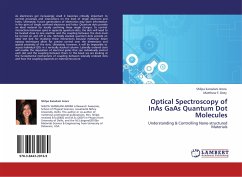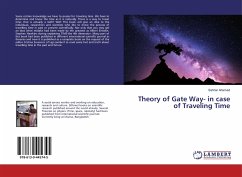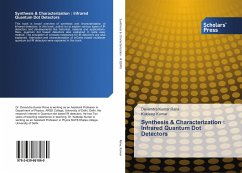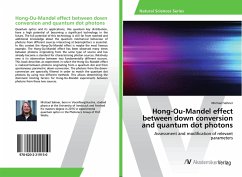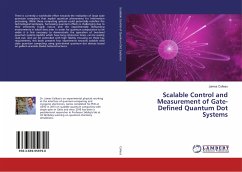
Scalable Control and Measurement of Gate-Defined Quantum Dot Systems
Versandkostenfrei!
Versandfertig in 6-10 Tagen
45,99 €
inkl. MwSt.

PAYBACK Punkte
23 °P sammeln!
There is currently a worldwide effort towards the realisation of large scale quantum computers that exploit quantum phenomena for information processing. While these computing systems could potentially redefine the technological landscape, harnessing quantum effects is challenging due to their inherently fragile nature and the experimentally demanding environments in which they arise. In order for quantum computation to be viable it is first necessary to demonstrate the operation of two-level quantum systems (qubits) which have long coherence times, can be quickly read out, and can be controll...
There is currently a worldwide effort towards the realisation of large scale quantum computers that exploit quantum phenomena for information processing. While these computing systems could potentially redefine the technological landscape, harnessing quantum effects is challenging due to their inherently fragile nature and the experimentally demanding environments in which they arise. In order for quantum computation to be viable it is first necessary to demonstrate the operation of two-level quantum systems (qubits) which have long coherence times, can be quickly read out, and can be controlled with high fidelity. Focusing on these key requirements, this book presents four experiments towards scalable solid state quantum computing using gate-dened quantum dot devices based on gallium arsenide (GaAs) heterostructures.





